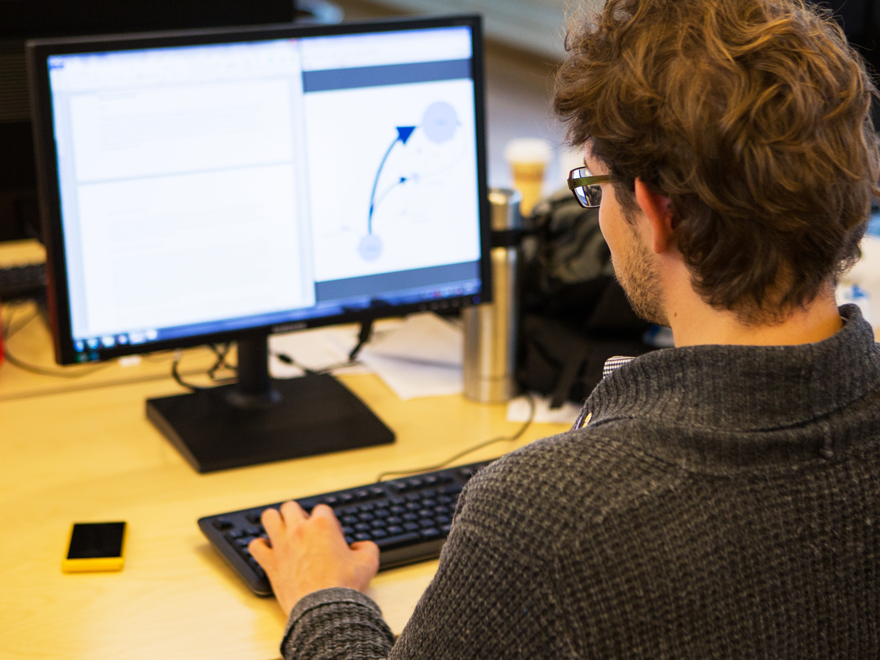Latest update: 26 February
Can I borrow office furniture from my place of work?
ANSWER: Yes. Contact your line manager to find out what furniture you can borrow for homeworking.
Can I be reimbursed for office furniture I buy myself?
ANSWER: No. SLU does not reimburse you for office furniture you buy yourself. If a department or other unit buys equipment for employees working from home, this must be done through procured suppliers.
I don’t have any way of transporting office furniture and other equipment. Can the employer help with this?
ANSWER: This must be agreed with the line manager. If several employees need assistance, an option could be to coordinate this and use the services of a procured transport company. There is no decision at the central level to reimburse employees for the cost of transporting office furniture. Any such costs are to be paid by the department/equivalent.
Can I apply for a deduction in my tax return if I buy a desk, office chair etc. myself for homeworking?
ANSWER: No. As a rule, buying furniture or other office equipment for homeworking does not mean you can claim a tax deduction. If your employer pays for equipment such as an office chair for you to use at home, you can use it without being taxed for benefits. The same applies if you borrow equipment from work to use at home. This does not count as a benefit as long as the equipment is the employer’s property and you return it when you stop working from home.
Can I claim a tax deduction for a home office?
ANSWER: No, normally you cannot claim a tax deduction for setting up a room, or part of a room, as a home office.
Does SLU have any central funds for reimbursing office furniture, supplies, etc. for homeworkers?
ANSWER: No. Any such costs are to be paid by the department/equivalent.
Different public authorities seem to have different practices when it comes to transporting office furniture such as desks, chairs, monitors, etc. What rules are there?
ANSWER: Public authorities have delegated employer responsibility, meaning authorities can take different decisions depending on the needs and unique conditions of that authority.
Can IT support access my computer when I work from home if I need support?
ANSWER: Yes, if you are connected to VPN.
Is my equipment insured also when I work from home?
ANSWER: Yes, at least on computers purchased via the IT department, the same conditions apply at home as at work.
Is my computer safe when I work from home?
ANSWER: It is difficult to answer the question as it depends entirely on what the network at home etc. looks like. Use your SLU computer and do not let anyone else use the computer.
What happens if I get a virus or something like that?
ANSWER: If you suspect that you have received a virus or similar, contact IT support.
Should I connect to VPN throughout the working day?
ANSWER: Not necessary if you do not need a specific service that requires a VPN. However, it is good to be connected once a week for a longer period so that any updated settings from SLU can be downloaded.
My mobile surf ends quickly when I work from home and use my work phone at work. Can the amount of surf be increased and does pay SLU for this?
ANSWER: Yes, send a case to it-stod@slu.se. Check with your head of department or equivalent what applies regarding payment.
I have no symptoms. Should I still work from home?
15 May update:
SLU has assessed that someone with no symptoms and not part of an at-risk group can carry out their regular duties. You can work from home to the extent that your line manager decides possible given your tasks and work environment. You and your line manager need to agree if any measures are needed to guarantee a satisfactory work environment in the home.
I need to talk about how the coronavirus is affecting me and my work. Where should I turn?
6 April update:
Primarily discuss this with your manager and colleagues. If you want occupational health service support, contact your immediate manager.

